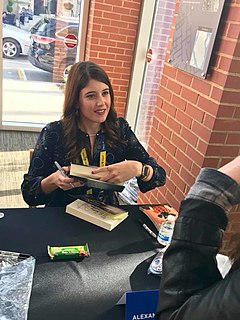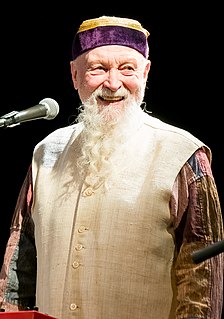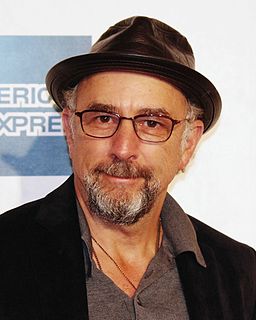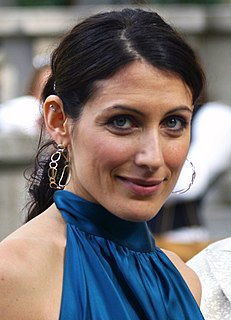A Quote by John Hodgman
Writing for me always requires trickery. Tricking myself into sitting down, letting words tumble out until you find the good ones. It's sort of a trance. And when a piece is done, I have little memory of how I wrote it, and zero confidence I'd ever be able to do it again.
Related Quotes
Sometimes an idea from six years ago will come to me out of the blue. And maybe I haven't even seen the lyrics I wrote down, but I'll just have this physical memory of having written it, and in my mind I can see the piece of paper, and the words I wrote down, and then by muscle memory, I'll remember the chords that go along with it.
I always wrote. I wrote from when I was 12. That was therapeutic for me in those days. I wrote things to get them out of feeling them, and onto paper. So writing in a way saved me, kept me company. I did the traditional thing with falling in love with words, reading books and underlining lines I liked and words I didn't know.
I cannot find any patience for those people who believe that you start writing when you sit down at your desk and pick up your pen and finish writing when you put down your pen again; a writer is always writing, seeing everything through a thin mist of words, fitting swift little descriptions to everything he sees, always noticing. Just as I believe that a painter cannot sit down to his morning coffee without noticing what color it is, so a writer cannot see an odd little gesture without putting a verbal description to it, and ought never to let a moment go by undescribed.
Certainly, writing a book was challenging. It took me a long time to learn how to do it. It took me seven years to get a sense of how to wean myself off the process and trickery of songwriting. You realize that giant metaphors work in songs because you have so few words. Standing alone on a page, they threaten to be overblown in a hurry.
I had been used to improvising and even in the audition I was feeling free to rearrange Aaron Sorkin words a little bit, as lovely as they were. I didn't find out until after I got the part how furious Aaron was at me for doing that. They said, "He was livid. He did everything in his power not to jump down your throat!" But I came to realise that Aaron was writing in metre and the rhythm of the language is very important.
I done me best when I was let. Thinking always if I go all goes. A hundred cares, a tithe of troubles and is there one who understands me? One in a thousand of years of the nights? All me life I have been lived among them but now they are becoming lothed to me. And I am lothing their little warm tricks. And lothing their mean cosy turns. And all the greedy gushes out through their small souls. And all the lazy leaks down over their brash bodies. How small it's all! And me letting on to meself always. And lilting on all the time.


































